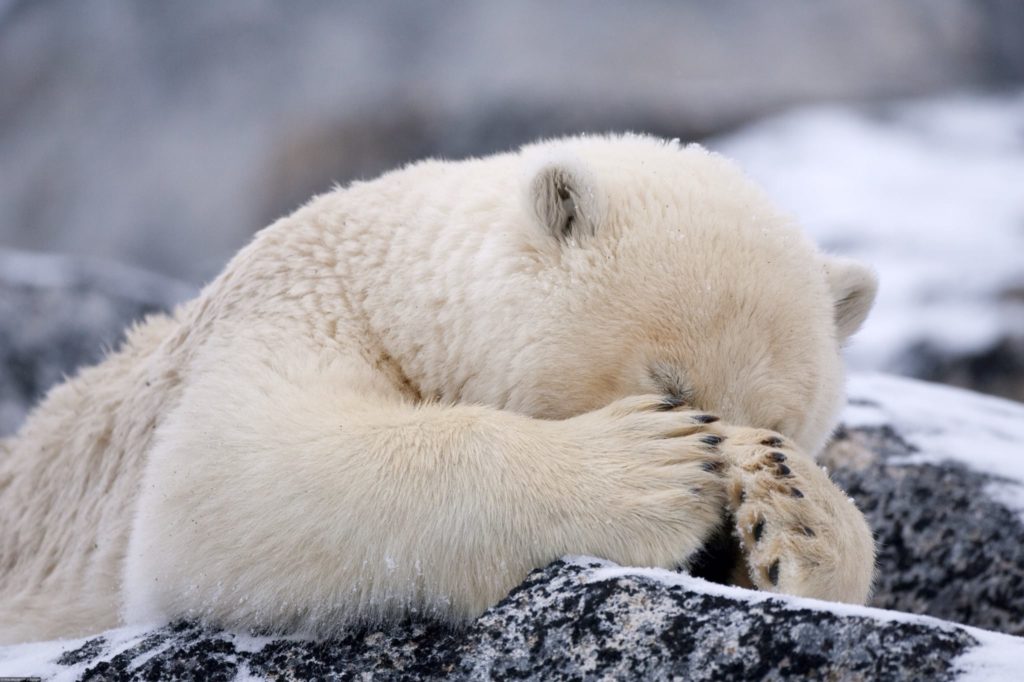 “One in 20 Britons does not believe Holocaust took place, poll finds”. (Observer leader from 27th January 2019). The full article contains statistics that give further pause for thought: “In France, 20% of those aged 18-34 said they had never heard of the Holocaust; in Austria the figure was 12%. A survey in the US last year found that 9% of millennials said they had not heard, or did not think they had heard, of the Holocaust”.
“One in 20 Britons does not believe Holocaust took place, poll finds”. (Observer leader from 27th January 2019). The full article contains statistics that give further pause for thought: “In France, 20% of those aged 18-34 said they had never heard of the Holocaust; in Austria the figure was 12%. A survey in the US last year found that 9% of millennials said they had not heard, or did not think they had heard, of the Holocaust”.
The musical Hamilton ends by asking the audience “Who tells your story”. There are plenty of people attempting to tell the story of the Holocaust, for e.g. Holocaust Memorial Day Trust who commissioned the poll upon which the Observer’s article was based and yet knowledge of the holocaust is gradually vanishing. I suspect one of the difficulties is that the enormity of crime is just too challenging to comprehend. Here are some resources which record what happened through the first-hand account of survivors and, in some cases, their ancestors:-
The Hiding Place by Corrie Ten Boom. This remarkable book tells the story of a young Christian woman in Holland and her family’s unsuccessful attempt to shelter Jews and the way this shaped the family’s life after the war ended. The gratitude one feels for the courageous author is tinged with the unspoken question: why weren’t there more Corrie Ten Booms?
 All Rivers Run to the Sea by Elie Wiesel (this autobiography is less graphic than his book ‘Night’).
All Rivers Run to the Sea by Elie Wiesel (this autobiography is less graphic than his book ‘Night’).
 The Lost: A Search for Six of Six Million by Daniel Mendelsohn. This is a very long book, a very carefully constructed account of the author’s search for his missing ancestors which involved his travelling through many continents. Occasional passages in this book are horribly and hauntingly graphic but this is not a gratuitous record of violence but a disturbing record none the less. (It is worth buying a 2nd hand copy of the hardback version of this book as it contains photos of his family which are not reproduced in the paperback).
The Lost: A Search for Six of Six Million by Daniel Mendelsohn. This is a very long book, a very carefully constructed account of the author’s search for his missing ancestors which involved his travelling through many continents. Occasional passages in this book are horribly and hauntingly graphic but this is not a gratuitous record of violence but a disturbing record none the less. (It is worth buying a 2nd hand copy of the hardback version of this book as it contains photos of his family which are not reproduced in the paperback).
You Tube video of the cellist Anita Lasker-Wallfisch discussing her childhood and being liberated from Bergen-Belsen.
According to a report in The Independent[1] more than 100 antisemitic incidents are being recorded every month in Britain including children as young as 11 being physically attacked and graffiti on homes and synagogues.
Thoughts on this Holocaust Memorial Day:-
- Jesus was a Jew. What are the implications of this for our attitude towards Jews?
- What more could evangelical Christians be doing to build bridges with Jewish communities and shouldn’t this be a priority given rising hate crimes against Jews?
- Anecdotal evidence suggests that knowledge of the Old Testament is dwindling, even among better educated evangelical Christians. Jesus had an intimate knowledge of the Old Testament: He meditates on it, quotes it[2], expounds it and lives by it. Having been raised in a Jewish household I am grateful for the basic knowledge of God that a grounding in the Old Testament gave me (as a poor and very occasional pupil in the back row of Saturday school of synagogue). No one would go to a play and expect to understand it on the basis of the last act alone, or to a film and seek to understand it after coming in for the last 20 minutes. So why would one think one can ignore the OT without losing out significantly on one’s understanding of the New Testament?
- If we down play the Old Testament we not only rob ourselves of an understanding of the New Testament: we get closer to writing off the people of the Old Testament. Bad idea. God hasn’t and we shouldn’t. Better by far to remember them and not to forget the grievous injustice and crimes done against them. Today, Holocaust Day, is a welcome opportunity to call to these to mind–lest we forget.
“To forget the dead would be akin to killing them a second time.” Elie Wiesel.
-
- July 26 2018 ↑



Recent Comments